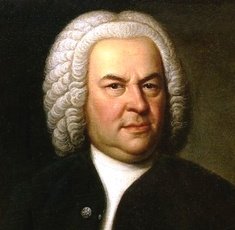Featured Quizzes
User Quizzes
Create Quiz
Data and Charts
Badges and Games
About JetPunk
JetPunk Shop
Dark Mode
Random Mode
Keyboard shortcut: Command/Ctrl + Shift + R

Countries With the Most German Speakers
Name the twelve countries that have the most people who speak German as their native language.
According to Wikipedia
Check out the Russian version as well
Rate:
Featured Quiz
Last updated: October 23, 2020
You have not attempted this quiz yet.
More quiz info >>
| First submitted | December 11, 2018 |
| Times taken | 41,259 |
| Average score | 83.3% |
| Rating | 4.84 |
3:00
Enter country name here
0
/ 12 guessed
Time Used
00:00
Best Time
00:00
The quiz is paused. You have remaining.
Scoring
You scored / = %
This beats or equals
% of test takers
also scored 100%
The average score is
Your high score is
Your fastest time is
Keep scrolling down for answers and more stats ...
|
|
New and Popular
Save Your Progress
Countries by Language
Quiz series by Aaron197
...
Copyright H Brothers Inc, 2008–2024
Contact Us | Go To Top | View Mobile Site

("A 2009 survey pointed out that French was the language spoken by most inhabitants (99%), followed by Luxembourgish (82%), German (81%) and English (72%)")
Scoring
You scored 10/12 = 83%
This beats or equals 45.9% of test takers
The average score is 10
Your high score is 10
:(
oh yeah,i forgot how small it is